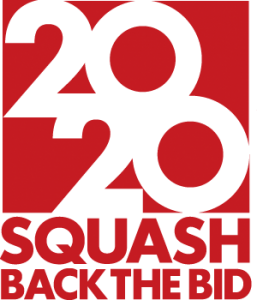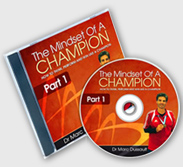In a previous post, I introduced the concept of orientation. Today, I want to take the discussion a step further and explain how it affects what you do and don’t do in respect of your sports training. First and foremost, we have to discuss success and failure. I use the word outcome since it’s the first of the 4 Keys To Success that I teach in my Personal Mastery Programs.
From the previous post, how task-involved athletes primarily differ from ego-involved athletes is that with an ego orientation, the athlete will show (off) their ability at the expense of effort.
Owch! if you have an ego orientation, but KNOWING you have this orientation is more than half the battle.
This is where your maturity and self-awareness come in to help you or leave you to fend for yourself.
This is one of the key reasons so many very talented athletes just don’t make the grade into professional sports or on to the podium.
Ego is a powerful force – it might be what gets you up at 4 AM to practice and train, but it can also be what prevents you from ever winning or achieving your ultimate goal.
I know how that must hurt, but let’s face it. You either want to hurt now or hurt later.
Your choice.
Give this some thought the next time you’re showing off OR when you’re not putting in 100% effort when you could and SHOULD.
I won’t name names, but there was a top 10 professional tennis player in the 1980’s who would, when he was losing, just give up and throw the match. Recently, in the top 5 Men’s tennis, there was a player who was ‘accused’ of doing the same thing. I am sure his coach and/or sponsors explained in no uncertain terms this is not an option, but the point I am trying to make today is that the SOURCE of the problem is his orientation.
Chances are he doesn’t know what you and I know.
You can’t cure a disease by trying to treat the symptoms. That won’t work.
You have to search for and FIND THE CAUSE.
In sports, your orientation is the SOURCE, the CAUSE of everything that you do.
Once you’ve identified it, accepted then and only then can you cure yourself from the Mindset Cancer that can kill your dreams of athletic excellence.
Stay tuned for future blog posts in the next few weeks and months. If you’d like to get more information, more quickly, please consider one of our Personal Mastery Programs or my product which encapsulates the equivalent of more than 2 year’s worth of blog posts – it’s called The Mindset Of A Champion.
In my programs, I get into a lot more detail, for example, in this instance, I would explain that a task mastery orientation means an athlete will use feedback as a constant process of information analysis to help them perform better in the next few seconds or minutes of a task DURING a match and competition whereas an ego involved athlete’s focus is on how he looks, how he’s performing for the crowd, etc. The BIG advantage a task mastery orientation gives the athlete is the proactive nature of THINKING AHEAD, planning what to do BEFORE it happens, rather than look back on how ‘it looked’.
I understand this is a nuance, but one that has been shown repeatedly to take lesser talented athletes and enable them to out-perform their much more talented peers. One prime example is Brad Gilbert. He’s honest about it in his bestselling book “Winning Ugly“.
I’ll talk more about Brad’s great ideas in a few weeks – he’s nailed the Mindset Of A Champion like no one else in professional tennis. I highly recommend his book.





0 Responses to “Orientation: What does it mean?”